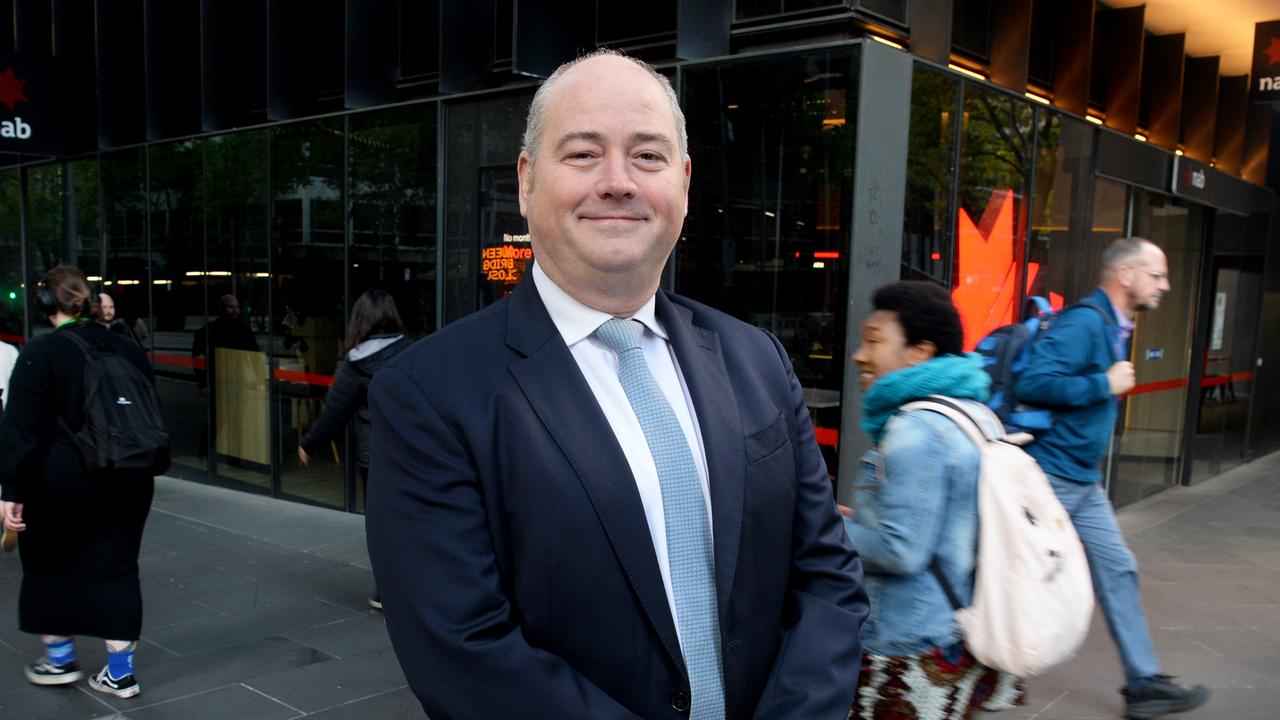Black Friday sales killing Christmas for retailers
American-style Black Friday sales are killing Christmas shopping in Australia.

American-style Black Friday sales are killing Christmas shopping in Australia, casting doubt on an expected bounce in retail sales following successive tax and interest rate cuts and surging house prices in Sydney and Melbourne.
The difference between Christmas sales and other months has fallen to a record low, as rising debt crimps spending and shopping fatigue sets in after late November Black Friday and Cyber Monday sales.
“Household spending on discretionary goods and services is becoming less sensitive to the Christmas season,” ANZ economists concluded in new research, which singles out Black Friday and Cyber Monday — US Thanksgiving-related sales that have become more prevalent locally — as causes. Noting how health and debt service costs, utility bills and education fees had grown faster than discretionary expenses over the last 10 to 15 years, they added: “Household budget constraints could also be playing a part in the weakening effect.”
The excess of December shopping sales over other months has collapsed from 44 per cent in the early 1980s to 28 per cent last year. “Considering the rising intensity of competition for the Christmas dollar, stabilisation isn’t expected in the short term,” the analysis said.
Department stores have been at the brunt of the decline, their December uplift falling from about 100 per cent in the 1980s to 80 per cent last year. The Christmas shopping season makes up 12 per cent of all non-food retail turnover.
Retail sales have repeatedly disappointed in recent months, falling in volume terms over the year to September for the first time since 1991.
Citi economist Craig Woolford said the bounce in house prices should foreshadow higher sales in 2020. “And it seems households have paid down credit cards faster than usual, which could be positive for spending in November and December,” he said in separate analysis.
“Australian retail spending had a ‘pop’ in August 2019 but has been sluggish since; while the income tax offsets should have boosted spending by at least 1.5 per cent since June 2019, the retail upswing has been negligible,” Mr Woolford said.
In September retail sales grew 0.2 per cent compared to a month earlier, half what economists had expected and half the increase in the previous month.
Analysts expect October sales, to be released on Thursday, to increase by 0.3 per cent.




To join the conversation, please log in. Don't have an account? Register
Join the conversation, you are commenting as Logout